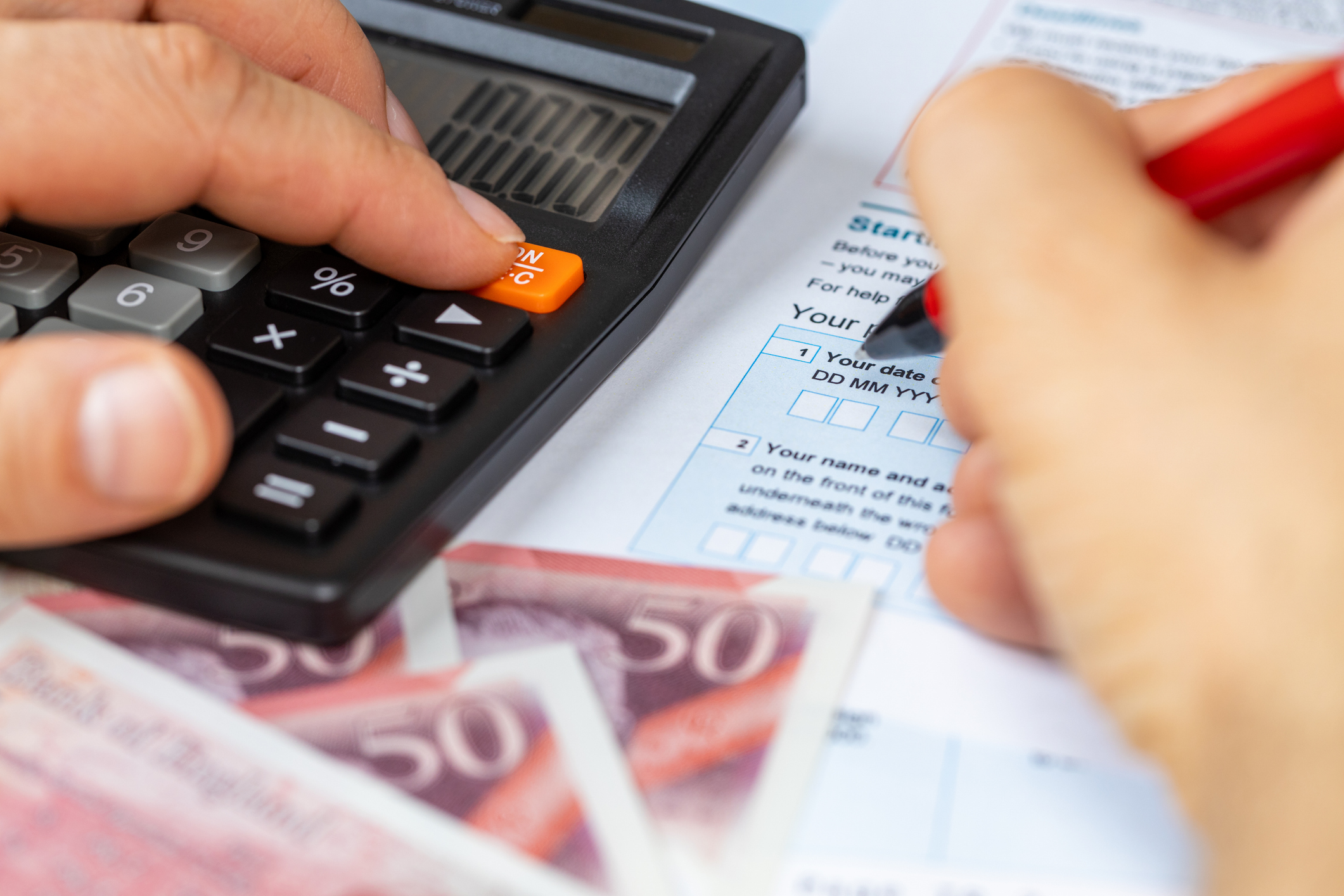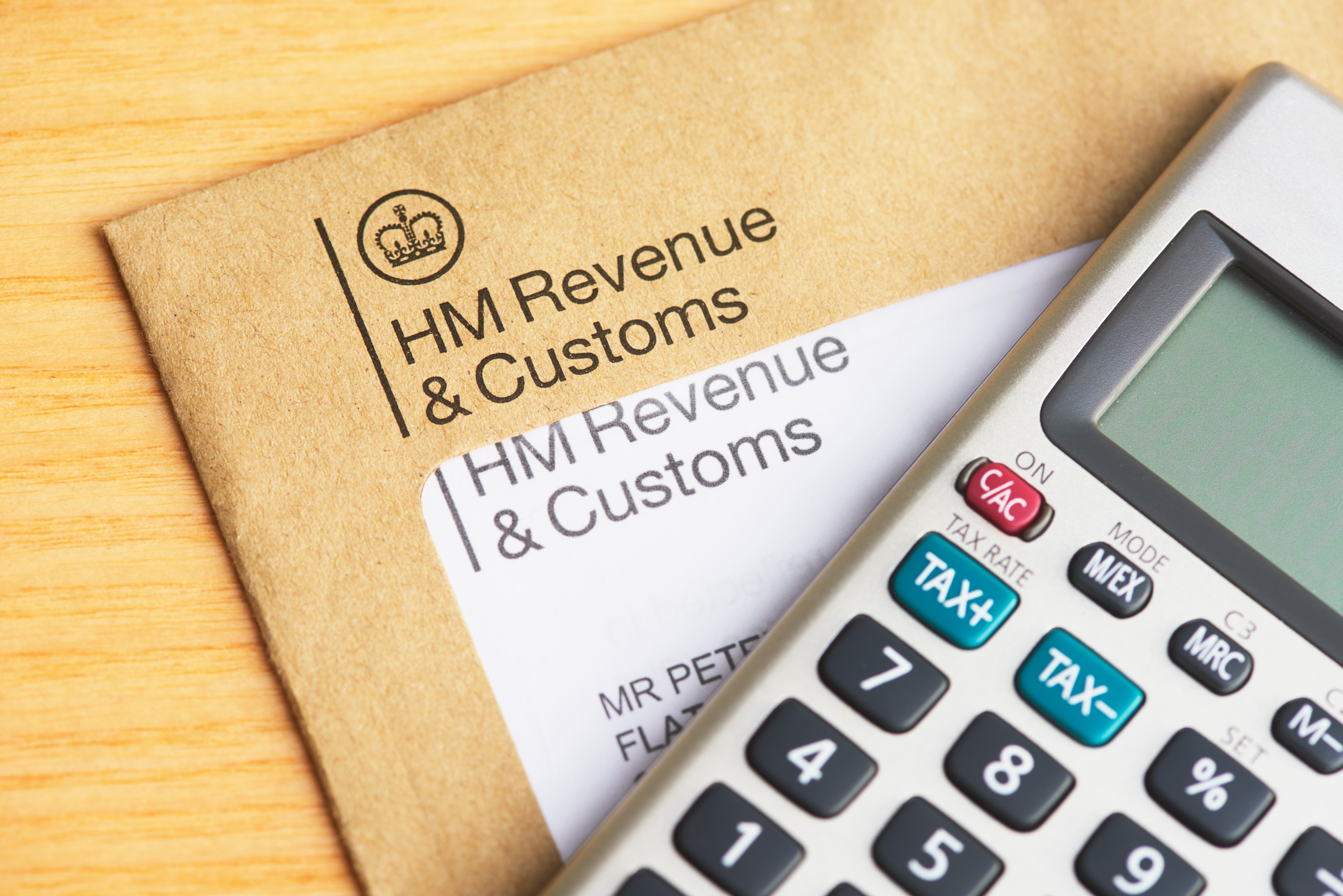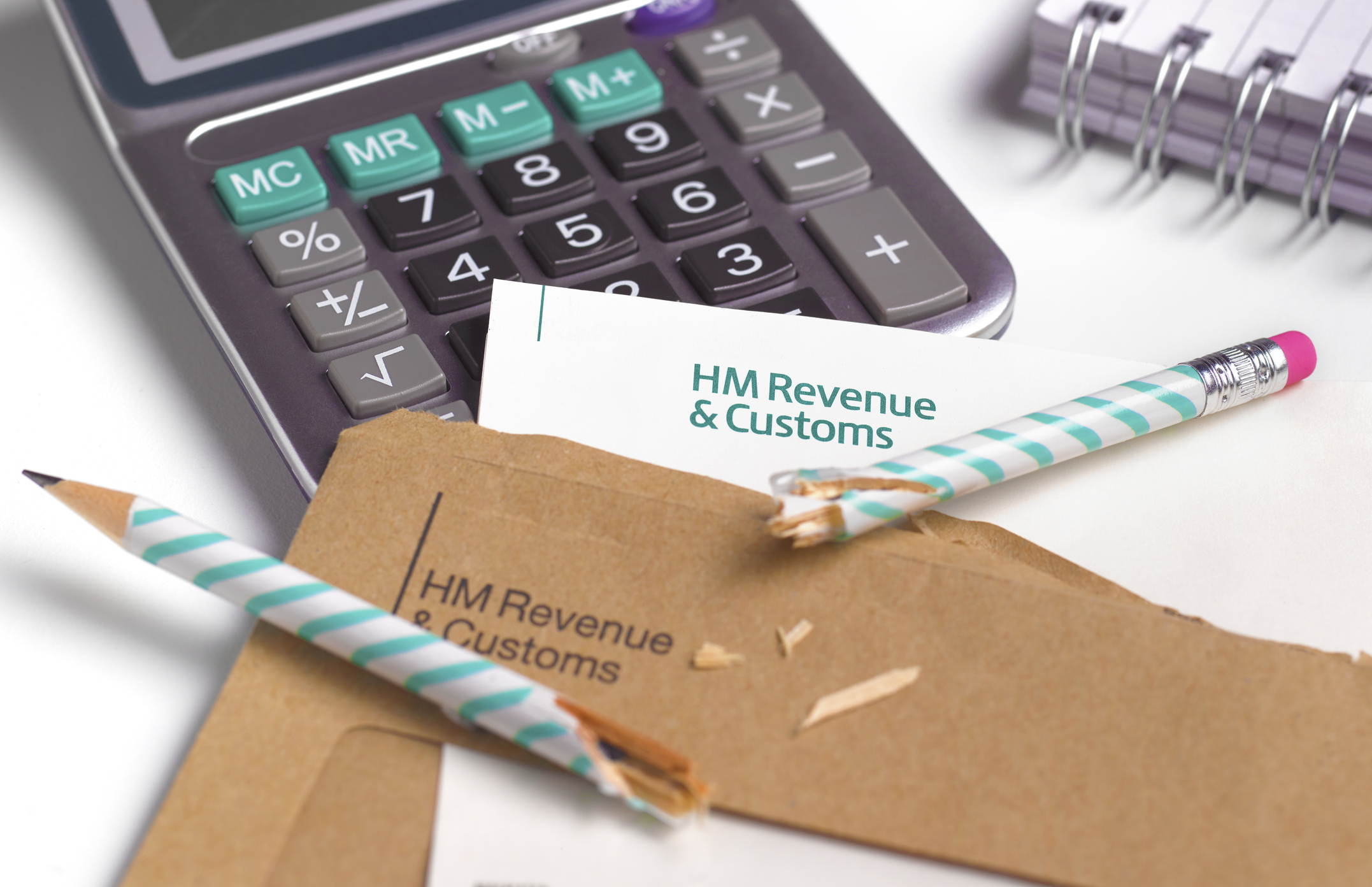Over 1 million pay 45% rate of income tax as fiscal drag bites
Hundreds of thousands more people are being pushed into the additional rate tax band by fiscal drag


Get the latest financial news, insights and expert analysis from our award-winning MoneyWeek team, to help you understand what really matters when it comes to your finances.
You are now subscribed
Your newsletter sign-up was successful
Want to add more newsletters?

Twice daily
MoneyWeek
Get the latest financial news, insights and expert analysis from our award-winning MoneyWeek team, to help you understand what really matters when it comes to your finances.

Four times a week
Look After My Bills
Sign up to our free money-saving newsletter, filled with the latest news and expert advice to help you find the best tips and deals for managing your bills. Start saving today!
The number of people paying the highest rate of income tax in the UK hit more than one million last year as frozen thresholds dragged hundreds of thousands more into the additional rate band.
Roughly 720,000 people paid the 45% rate on income between £125,140 and £211,562 in 2024/25, according to a freedom of information (FOI) request submitted to HM Revenue and Customs (HMRC) by advisory firm Bowmore Financial Planning.
A further 385,000 paid the 45% rate on income above £211,562, according to the FOI.
MoneyWeek
Subscribe to MoneyWeek today and get your first six magazine issues absolutely FREE

Sign up to Money Morning
Don't miss the latest investment and personal finances news, market analysis, plus money-saving tips with our free twice-daily newsletter
Don't miss the latest investment and personal finances news, market analysis, plus money-saving tips with our free twice-daily newsletter
Had the top income tax rate moved in line with inflation since 2013, when it was lowered from 50% to 45%, it would now stand at £211,562, Bowmore said.
It means the 720,000 additional rate taxpayers in 2024/25 wouldn’t have had to pay the 45% rate if the threshold had risen along with the cost of living.
John Clamp, fellow of the Personal Finance Society and chartered financial planner at Bowmore Financial Planning, said: “Both the 45% and 40% rate of income tax are capturing more and more taxpayers.
“A lot of people who consider themselves as having very little disposable income are now finding that they are having to pay the very highest rate of income tax.”
Income tax thresholds are currently frozen until April 2028, with rumours swirling the chancellor could announce an extension to the freeze in this month’s Budget.
The move is known as a “stealth” tax as it increases tax revenue for the government without rates actually increasing. As inflation rises, more people are drawn into paying tax – known as fiscal drag.
Even if the freeze isn’t extended beyond 2028, more people will likely have to pay more tax on their income over the next three years, based on inflation continuing to rise.
Clamp said: “The Government is content to let inflation do its work and add more and more people to the highest tax rate.
“Many people are working harder but taking home less, simply because inflation has drawn them into higher tax bands.”
Clamp added frozen thresholds could explain why productivity was stagnating in the UK, with workers dissuaded from working longer hours and boosting their pay.
UK wages continue to grow slowly, while GDP grew by just 0.3% between June and August. Meanwhile, the Office for National Statistics (ONS) says productivity has remained stubbornly low since 2009.
“It’s perhaps unsurprising productivity is stagnating,” Clamp said.
“If extra work barely boosts take-home pay because of frozen tax bands, people are less inclined to work longer hours or push themselves – and that ultimately drags on the economy.”
A Treasury spokesperson said: “The UK’s income tax system is highly progressive with an internationally high personal allowance.
“These figures relate to the previous government’s 2022 Autumn Statement.
“This government inherited the previous government’s policy of frozen tax thresholds and lowered Additional Rate Threshold.”
How to cut your tax bill
There are ways to avoid paying more tax if frozen thresholds are eating away at your hard-earned cash.
Clamp said those still working can reduce their income tax bill through salary sacrifice.
This sees you contribute more to your pension out of your salary, thereby reducing the amount of taxable income and therefore cutting the income tax and National Insurance contributions you pay.
That said, the government could look at abolishing or reforming salary sacrifice in the upcoming Budget.
Meanwhile, if you’ve got cash stashed away in a traditional savings account, you should also make the most of your annual ISA allowance.
You can currently add a total of £20,000 a year into multiple ISAs with any interest on savings or returns being non-taxable.
Any savings held outside ISAs are subject to the personal savings allowance. Basic rate taxpayers can earn £1,000 per year before being taxed and higher rate taxpayers £500. Those over the additional rate threshold don’t get any allowance.
Get the latest financial news, insights and expert analysis from our award-winning MoneyWeek team, to help you understand what really matters when it comes to your finances.

Sam has a background in personal finance writing, having spent more than three years working on the money desk at The Sun.
He has a particular interest and experience covering the housing market, savings and policy.
Sam believes in making personal finance subjects accessible to all, so people can make better decisions with their money.
He studied Hispanic Studies at the University of Nottingham, graduating in 2015.
Outside of work, Sam enjoys reading, cooking, travelling and taking part in the occasional park run!
-
 Should you buy an active ETF?
Should you buy an active ETF?ETFs are often mischaracterised as passive products, but they can be a convenient way to add active management to your portfolio
-
 Power up your pension before 5 April – easy ways to save before the tax year end
Power up your pension before 5 April – easy ways to save before the tax year endWith the end of the tax year looming, pension savers currently have a window to review and maximise what’s going into their retirement funds – we look at how
-
 Two million taxpayers to be hit by £100k tax trap by 2026/27
Two million taxpayers to be hit by £100k tax trap by 2026/27Frozen thresholds mean more people than ever are set to pay an effective income tax rate of 60% as their earnings increase beyond £100,000. We look at why, as well as how you can avoid being caught in the trap.
-
 13 tax changes in 2026 – which taxes are going up?
13 tax changes in 2026 – which taxes are going up?As 2026 gets underway, we look at what lies ahead in terms of changes to tax rates and allowances this year and how it will affect you.
-
 How to limit how much of your Christmas bonus goes to the taxman
How to limit how much of your Christmas bonus goes to the taxmanIt's Christmas bonus season but the boosted pay packet may mean much of your hard-earned reward ends up with HMRC instead of in your pocket
-
 'I've used my annual ISA allowance. How can I shield my savings from tax?'
'I've used my annual ISA allowance. How can I shield my savings from tax?'As millions face paying tax on savings interest, we explore how to protect your money from the taxman. If you've used up your ISA allowance, we look at the other tax-efficient options.
-
 Simple assessment explained as millions brace for unexpected tax bills
Simple assessment explained as millions brace for unexpected tax billsIncreasing numbers of people could get letters from HMRC saying they owe more tax due to frozen thresholds, under a system known as simple assessment. Here is what it means for you.
-
 What are wealth taxes and would they work in Britain?
What are wealth taxes and would they work in Britain?The Treasury is short of cash and mulling over how it can get its hands on more money to plug the gap. Could wealth taxes do the trick?
-
 When is the self-assessment tax return deadline?
When is the self-assessment tax return deadline?If you are self-employed, rent out a property or earn income from savings or investments, you may need to complete a self-assessment tax return. We run through the deadlines you need to know about
-
 Child Benefit: how it works, eligibility criteria and how to claim
Child Benefit: how it works, eligibility criteria and how to claimChild Benefit is worth hundreds of pounds per year and claiming it can help build up your state pension entitlement but there are tax pitfalls. We look at who is eligible and how to get the payment